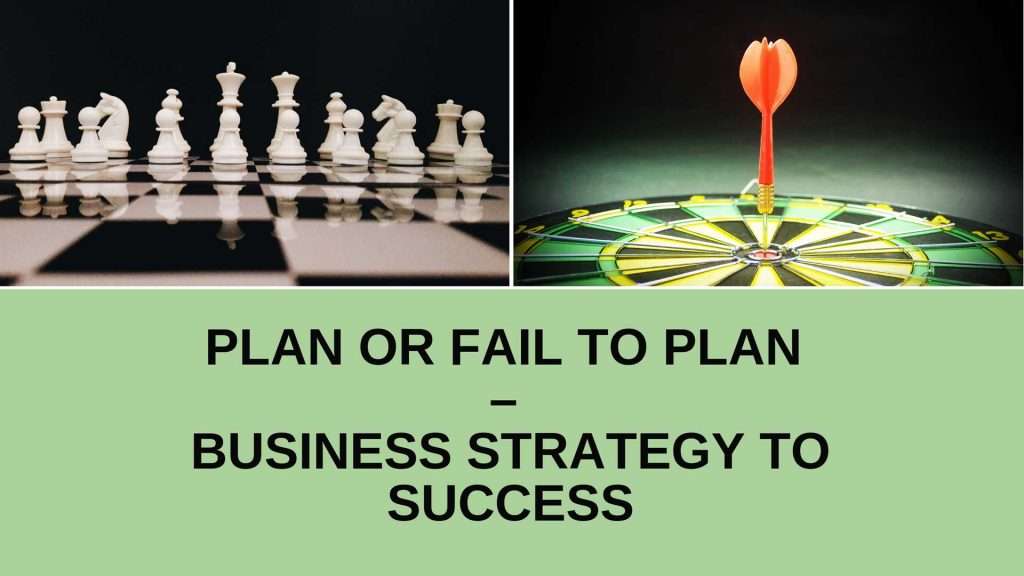Everything requires strategies to succeed. Ever thought about this? Each game has rules and usually, there are several different strategies to victory, often depending on the game you play.
What does this have to do with business? Business is a kind of game as well. You can think of it as a multi-player game with money as the score. There are different rules, depending on the industry and market you are in, which can cause penalties if disobeyed.
One of the most interesting parts – each player can define their own strategy. Does your company have a winning strategy to master the game?
At RespectStrategy, we help our clients pick the right strategy for their game. And even though the importance of strategy is obvious for most business owners, I am still surprised how many companies have no clear strategy or game plan at all! Something else we come across often is, when asking 5 different people in a company what the strategy is, we receive 5 very different answers. Moreover, if you find a company that is good at communicating their strategy, they often face a lack of consistent implementation. The strategy is clear but the actions taken don’t follow the strategy or at least don’t serve the implementation of the strategy.
What is going on here? We are dealing with very smart individuals that have loads of experience. But still, something goes wrong when it comes to strategy.
What we found the most dominant reason for a lack of strategy and implementation is: No time! The business is running well, people are busy, there is just no time to set and review the strategy. And that is the silent death of a company!
Why?
Reason 1:
A strategy is a plan to reach a target. In business, this means that your business strategy defines where you want to take your company to. It breaks your company vision down into an actionable plan. This gives guidance, orientation and a clear path forward. This supports businesses in staying focused when faced with decisions and opportunities. Your employees will have a clear guideline to check against. Big picture questions can be answered faster.
To give some examples:
- Which business targets do you want to reach in the next year?
- Should you take on additional clients in a segment that is not profitable considering your growth plans?
- Which fair attracts your target clients?
- Are partnership conversations reasonable if this is not in line with the strategy?
- And if partnerships could be possible, which criteria are important to make sure that the overall strategy is followed?
Your strategy is your guideline for your future path.
Reason 2:
A strategy also helps you to allocate resources effectively. When daily operation takes over and everybody is running at 120%, it is important to know where you want to take your business to in order to avoid spending too much time on things that don’t help you achieve your overall targets. When you have several projects you are working on and a high-priority client needs support, which resources do you take out of their projects to support? Or looking at financial resources, if you want to grow your clients in the B2B-space but spend your marketing budget on B2C operations, you are essentially burning money. But if you don’t have a strategy, you may not even be aware of this waste.
A business strategy gives the big framework to operate in. The direction. The goals. Then this strategy needs to be broken down into plans for each area of your business and be measured against. This will help your employees to know what to do if something happens.
For example, if your strategy is to enter a new market in the coming year and secure 10% of the market share, and you are running now at 1 million sales with 5 employees, then this business strategy has an impact on your operations. You will need to allocate resources from other projects to this one or alternatively hire new people. You may have to invest in marketing, maybe you need new products or services for the new market etc. No matter the detailed plan, your strategy defines where you want to go.
Businesses that lack strategy, lack orientation and focus. As Benjamin Franklin used to say: “If you fail to plan, you plan to fail.” – So, do you want to win the game or rather gamble?

